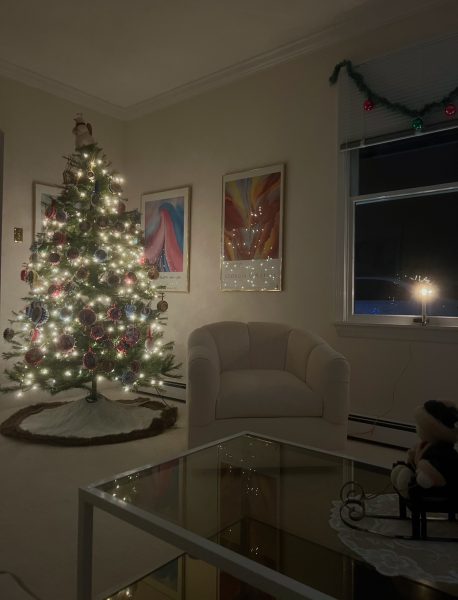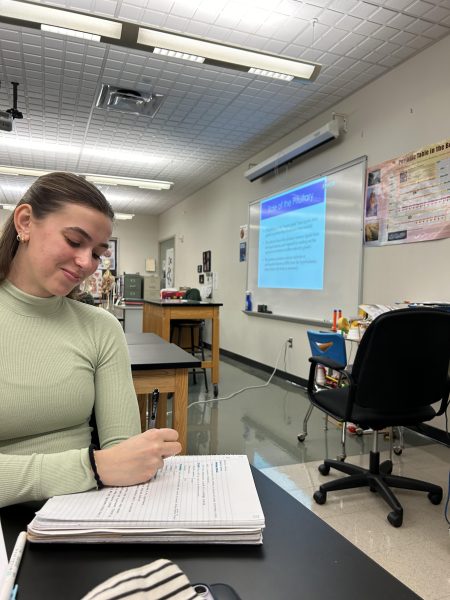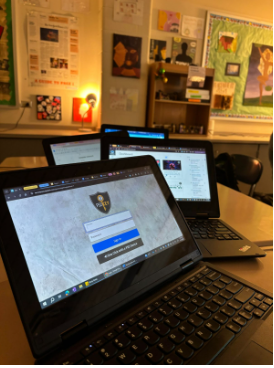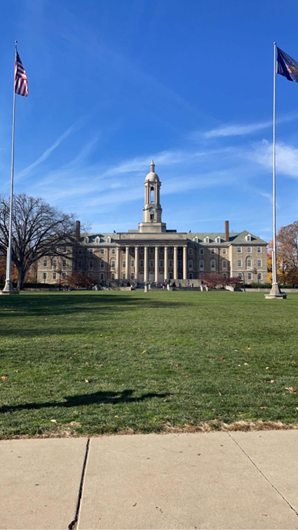The Dangers of Book Censorship in Schools
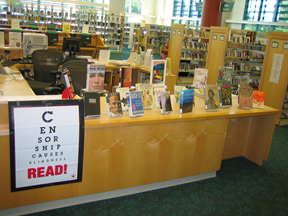
https://www.flickr.com/photos/20927025@N00/252414531
Banned and challenged books displayed at a public library.
Books are a valuable source of information for all people, but access to more complex literature is being stripped away. Many school boards censor what they deem inappropriate literature. This prevents students from educating themselves and embracing content outside of their everyday experiences. It hinders their freedom of thought, empathy, and creative thinking. Students are losing their right to decide what content they read, so it is time to take a stand against censorship.
Modern institutions censor books to limit possible controversial content. Many books that are challenged include LGBTQ+, racial, religious, moral, and political themes. Adults believe they are promoting social order by limiting access to these topics which they believe to be dangerous. Many parents choose to shelter their children from books that go against their personal household beliefs. This Censorship and restriction prevent students from exploring and expanding their knowledge on complex issues. “Most of what I’ve been able to teach has been challenged in one way or another”, says Daniel Linskey, an English teacher at Pennridge High School. It is important to teach these books, but also important to acknowledge readers do not have to agree with the content. Linskey applies this, stating, “I still highly encourage students to engage with the text, but I’ve always allowed alternative texts to be chosen because, at the end of the day, I want the reader to be the one making the final decision”.
In Loco Parentis gives schools the legal responsibility to act with parental authority for students’ protection and is used as an excuse to censor books. Lisa Maderic, the librarian at Pennridge High School, explains the Pennridge school board cannot remove books without first following the policy to challenge them. The most effective way to prevent this censorship is for students to challenge the challenger. “Students have a lot of rights, and I hope they would show that to their teachers and school boards”, Maderic states. By standing up to school boards and expressing genuine interest in more complex and challenging literature, students can successfully protect their rights to read freely.
Lauren Lee, Grade 12. Interests/hobbies include band, drumline, singing, writing, listening to music, watching movies and K-dramas, and spending time with...
